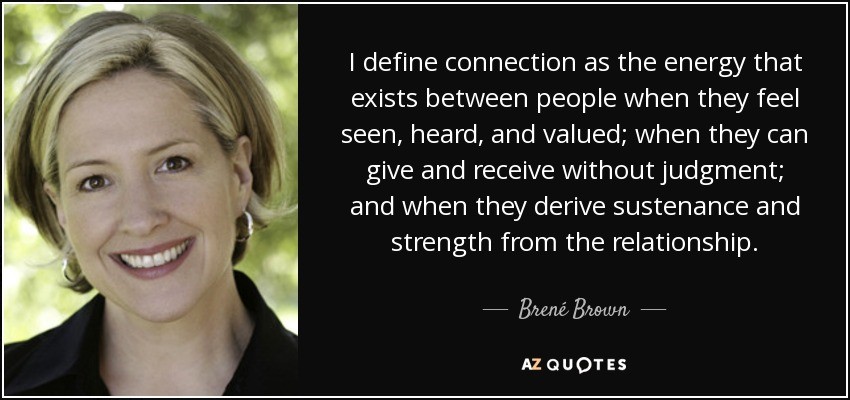I heard Dr. Phil say, “Choose the behavior. Choose the consequences!” It reminded me of the saying, “Commit the crime. Do the time!” Communication habits predictably cause emotional distance or connection. Over time, emotional distance feels like being in a lonely jail cell.
Why Are We in So Much Pain?

For several years Jim and I felt trapped in excruciating pain without having any clear idea of why. I kept thinking/praying, “God, if I just understood what I was doing that was creating all of this pain, I would stop. If I knew how to create a peaceful, loving relationship, I would do it! I wanted that outcome!” I didn’t realize that some of the communication habits I was using always cause negative reactions.
Eventually, I learned about the behaviors that create the pain of emotional distance vs. those that build emotional connection. Distance vs. Connection. Which do you want? Perhaps you’re asking the same questions I did. If so, read on!
Predictable Communication “Crimes”
There are quite a few communication “crimes” that may have sentenced you to painful jail time in a relationship. Each of the examples shown below have predictable consequences just like jumping off a cliff or robbing a bank. So, you might test these by imagining how you feel when someone uses them on you. You can find a comprehensive list in my book, “How to Stay Married & Love It!” It’s true that some communication methods always cause emotional distance.
The Accusatory “You”: “You left the door unlocked again!” Or, “How could you forget to deposit the check?” (Do you want to get closer to or distance yourself from this person?) The accusatory “you” is one of those communication methods that always causes a negative reaction.
The Humorous Insult or Sarcastic Put-down: “Yeah, John’s really a great handyman! As a result, his work cost us $300 with a professional plumber!” Or, “We’re eating out even more now that Susan is trying out new recipes! She just can’t seem to find her way around the kitchen!” Distance vs. Connection. Which one does this method create?
The Use of Absolutes like Always, Never, Any and Every. “I never get any help around here!” Or, “Why is it always my job to take out the trash?” (Getting a little defensive?)
What I call Defective Communication Tools are attempts to communicate our thoughts, feelings or needs in ways that always (yes, I’ll use the word always! ) sentence us to Emotional Distance vs. Connection. Which do you choose?

Getting Out of Jail
As Jim and I learned better ways of communicating our thoughts, feelings and needs it became our policy to have zero tolerance for any form of disrespect. Our goal was to never use any of the communication tools that resulted in hurt or distance in our relationship. To achieve this goal, when either of us slipped up, we immediately apologized and corrected our words and/or tone of voice. That policy took us out of relationship jail!
Among other things, that meant that we spoke from our own point of view rather than the “accusatory you.” Examples: “I feel unsafe when the door is left unlocked.” Or, “I’m disappointed that the check wasn’t deposited.” These statements come from my experience of the event and address the event rather than attacking the person.
When the goal is Respect 24/7, there is no place for humorous insults and sarcastic put-downs, ever! Those communication habits always cause distance. Brene’ Brown says it well, “Connection is what happens when people feel seen, heard and valued.
Communication That Connects is the Key
We replaced the absolute words with “sometimes,” or a specific example like, “yesterday when you…” These phrases allow your partner wiggle room reducing the reaction of defensiveness or denial and help you both address a specific event that needs resolution.
Over about four months of intense focus, Jim and I replaced communication behaviors that had built our relationship prison with behaviors that helped us dismantle it bar by bar, brick by brick. Gradually we reclaimed the love and closeness that we so deeply wanted from each other.
Some communication habits have the predictable consequence of separating you with a wall of pain…putting you in a painful prison. Other behaviors have the predictable consequence of building and sustaining a respectful environment that nurtures both you and the relationship. Over and over again we chose connection rather than distance. Those choices got us out of relationship jail!
Choose the Behavior. Choose the Consequence!
Your choice! Commit the crime! Do the time! Choose the behavior. Choose the consequence!
If you need help exchanging painful habits for habits that give you the quality of relationship you long for, schedule a free strategy appointment with me. We’ll talk about it!
You have my love and support,

